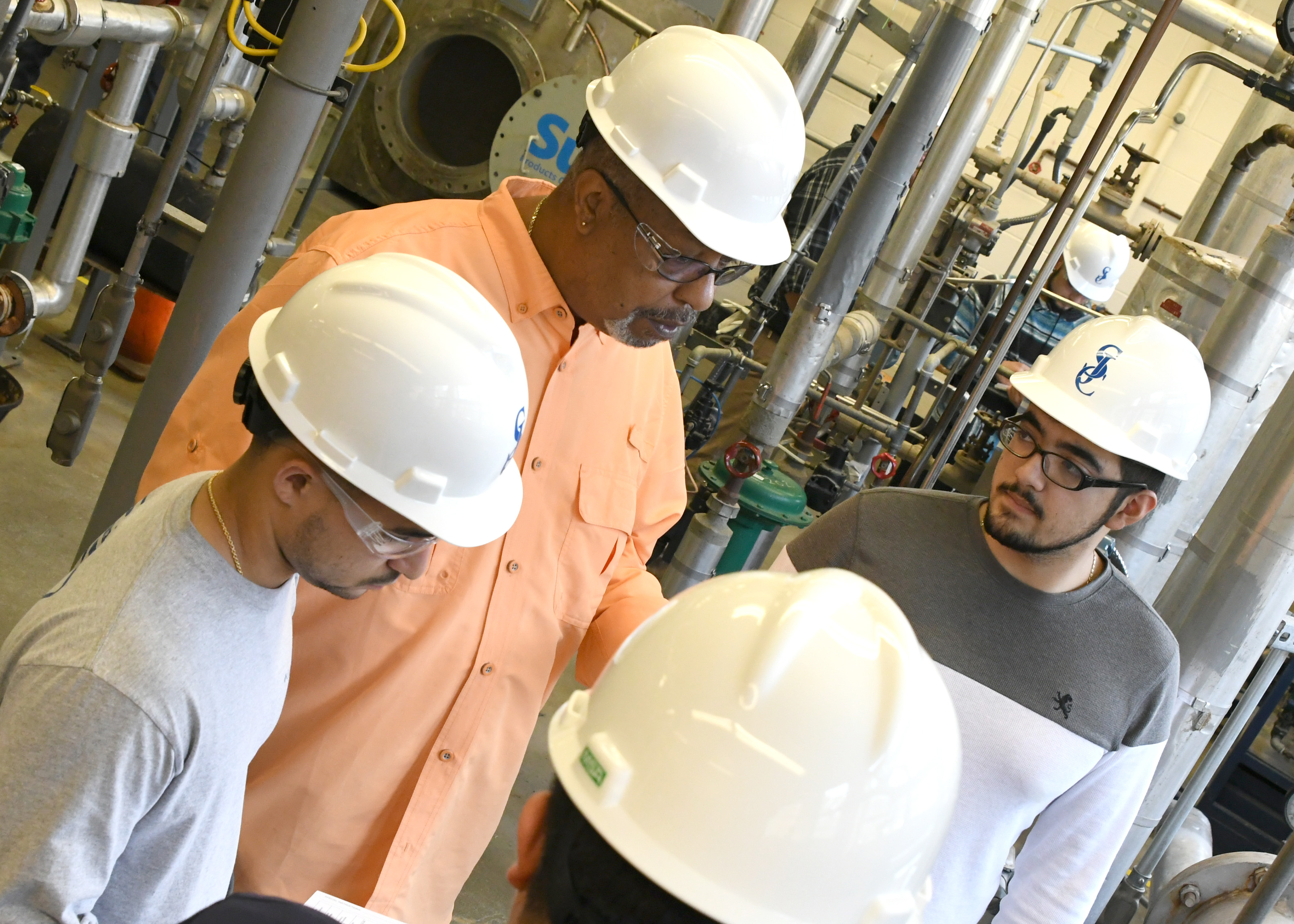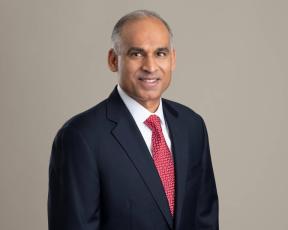Increasingly, the teachers tasked with preparing the next generation of petrochemical and refinery workers are becoming the students.
Professors at San Jacinto College’s Center for Petrochemical, Energy & Technology, located in the American energy heartland in Texas, in recent months have been spending up to six weeks onsite at leading companies, such as INEOS, Dow Chemical and LyondellBasell, to be introduced to new technologies and ways of operating, and to better understand what knowledge and skills will be most valuable for students to bring their future employers.

“All our full-time professors have been on externship in the last six months. So many companies volunteered,” said Jim Griffin, a 40-year industry veteran who now leads the petrochemical training division at San Jacinto. Ensuring that professors are knowledgeable about technological advancements and evolving challenges in fuel and petrochemical manufacturing helps professors better provide students with the training and experience they need — “so they really understand the industry,” said Griffin.
Externships also help professors identify new needs for their curriculums, providing the crucial link between what’s actually going on at fuel and petrochemical facilities, and what’s being taught in the classroom.
San Jacinto process technology professor Kenneth Jackson has worked in the industry since 1978 and was an operator in the 1990s. He recently completed an externship at LyondellBasell and found there was a lot to learn.
“The way that the refineries and chemical plants are today is totally different,” he explained. “They rely on diagnostic machines and different types of instruments that test their equipment.”
David Gosnay, operations manager of training and logistics at LyondellBasell, says the internships make professors better instructors.
“They haven’t seen a lot of the new technologies and new processes in a while or haven’t seen them at all, so getting them back out to the plant refreshes them,” said Gosnay.
Gosnay oversees the externships program at San Jacinto, ensuring professors accomplish what they set out to during their time at the company facilities.
“If an instructor said, ‘I don’t know as much about compressors and furnaces,’ then we would bring them out here, let them look at furnaces and pair them up with experienced operators,” he said. “They would actually go out into the appropriate unit and spend time out there with operators.”
The experience at INEOS is similar. San Jacinto professors are given the opportunity to shadow operators, view control rooms, learn troubleshooting and more.
“What we learned is that operating a compressor was actually taken out of the curriculum, though it’s something that’s critical to the petchem processing,” Bob Bradshaw, site manager and one of the externship coordinators for INEOS’ La Porte site, said. “That gave the professors a chance to go back and reshape the curriculum based on what they learned from use.”
At the end of the externships, professors leave with enhanced industry knowledge and information that will ultimately help their students get hired — and provide the refining and petrochemical industries with a better-prepared workforce. San Jacinto’s 92-percent hiring rate for graduates points to success.


